A 1000W hub motor delivers higher torque (100–120 Nm) and greater hill-climbing power compared to a 750W motor (75–80 Nm), making steep climbs easier with less rider effort. However, 750W motors are lighter, more efficient, and suitable for moderate hills, offering better range. Choice depends on terrain steepness, rider weight, and battery priorities.
How Do Torque and Power Differ Between 1000W and 750W Hub Motors for Hill Climbs?
The 1000W hub motor generates substantially more torque—typically 100 to 120 Newton-meters—compared to 75 to 80 Nm from a 750W motor. This increased torque translates into stronger, more confident climbs on steep inclines, allowing the rider to maintain speed and reduce pedaling strain. In contrast, 750W motors offer adequate power for moderate slopes but may require more pedaling input on challenging grades.
| Motor Power | Typical Torque (Nm) | Hill Climbing Capability |
|---|---|---|
| 750W | 75–80 | Moderate hills, lighter loads |
| 1000W | 100–120 | Steep hills, heavy loads |
What Impact Does Motor Weight Have on Handling and Range?
The 750W hub motor adds less weight to the e-bike, typically resulting in a total bike weight of around 45–55 lbs. This makes it nimble and easier to manage, especially when pedaling without assistance or transporting the bike. The 1000W hub motor and its larger battery often increase the bike’s weight to 55–65 lbs, which can negatively affect handling and requires more effort if pedaling manually. Moreover, the 1000W model drains battery 25–40% faster during hill climbs, reducing overall range.
Which Motor is More Energy-Efficient for Everyday Riding?
The 750W motor is generally more energy-efficient, extending battery life and offering longer distances between charges. Its moderate power output fits situations with moderate inclines or urban commuting, optimizing range without sacrificing performance. The 1000W motor consumes significantly more energy to deliver its higher torque, leading to quicker battery depletion, especially on sustained climbs.
How Do Rider Weight and Cargo Affect Motor Choice for Hills?
Heavy riders or those regularly carrying cargo benefit from the powerful 1000W motor, which handles additional load with ease. The extra torque and horsepower provide climbing assistance that reduces strain and fatigue. Conversely, the 750W motor can struggle to maintain speed and may require significant pedaling when burdened with heavy weight or cargo, making it better suited for lighter riders and less demanding terrain.
Which Terrain Types Favor Choosing a 1000W Hub Motor Over a 750W?
Steep, long hills, off-road trails, and rugged terrain demand abundant power and torque, which the 1000W motor supplies effectively. It excels in sustained climbs and difficulties where maintaining momentum is crucial. The 750W hub is ideal for city commutes, rolling hills, and smoother paths where power demands are moderate, enabling efficient riding plus extended range.
What Are the Legal Considerations Between 750W and 1000W Hub Motors?
In the United States, 750W motors are the maximum allowed for Class 3 e-bikes, which typically do not require registration or licensing. A 1000W motor may be classified as an electric motorcycle depending on the state, subjecting it to stricter regulations including licensing, insurance, or restricted trail access. Riders need to check local laws before choosing between these motor classes.
How Does a Mid-Drive Motor Compare to Hub Motors in Hill Climbing?
Mid-drive motors utilize the bike’s gear system, multiplying torque efficiently. A 750W mid-drive often outperforms a 1000W hub motor on steep terrain by delivering power more effectively and reducing motor strain. For riders prioritizing extreme hill-climbing performance and mechanical efficiency, mid-drive systems are typically superior but generally come at a higher price and complexity.
How Do 26-Inch and 27-Inch E-Bike Models Suit Different Hill Climbing Needs?
- 26-Inch Models: Designed for rough terrains including snow and sand, often paired with higher power motors like 1000W hubs to handle difficult off-road climbs.
- 27-Inch Models: Ideal for daily commuting and mountain biking on rolling hills, where a 750W motor balances power and efficiency effectively.
These sizes, utilized by brands like TST EBike, offer riders a choice tailored to terrain type and motor power preferences.
Buying Tips
When selecting a hub motor for hill climbing, consider the terrain, rider weight, and intended use. A 1000W motor is beneficial for heavy loads and steep, continuous hills but at the cost of weight and battery efficiency. A 750W motor offers sufficient power for most moderate hills, better range, and lighter weight. Evaluate local legal restrictions to ensure compliance, and choose wheel size models—such as TST EBike’s 26-inch or 27-inch—that complement your riding habits and terrain challenges.
TST EBike Expert Views
“TST EBike empowers riders by providing high-quality, cost-effective electric bikes with motors optimized for real-world conditions. Their 26-inch models excel on demanding terrains with robust motor options, while 27-inch models blend power and efficiency for everyday commuters. Choosing between a 750W or 1000W hub motor hinges on your hill climbing demands, cargo needs, and terrain. We recommend matching your motor size to your environment and legal requirements for a safe, enjoyable ride.”
FAQs
Q1: Can a 750W hub motor handle all hills?
It can manage moderate hills but may require extra pedaling on steep or long climbs.
Q2: Does a 1000W motor always mean better range?
No, 1000W motors consume more battery power, often reducing overall range despite higher power.
Q3: Are mid-drive motors better than hub motors for climbing?
Typically yes, a 750W mid-drive can outperform a 1000W hub by leveraging gears.
Q4: How does motor weight affect e-bike handling?
Heavier motors make the bike less agile and harder to pedal when unpowered.
Q5: Are 1000W hub motors legal everywhere?
Not always; some regions classify them as electric motorcycles requiring registration or licensing.
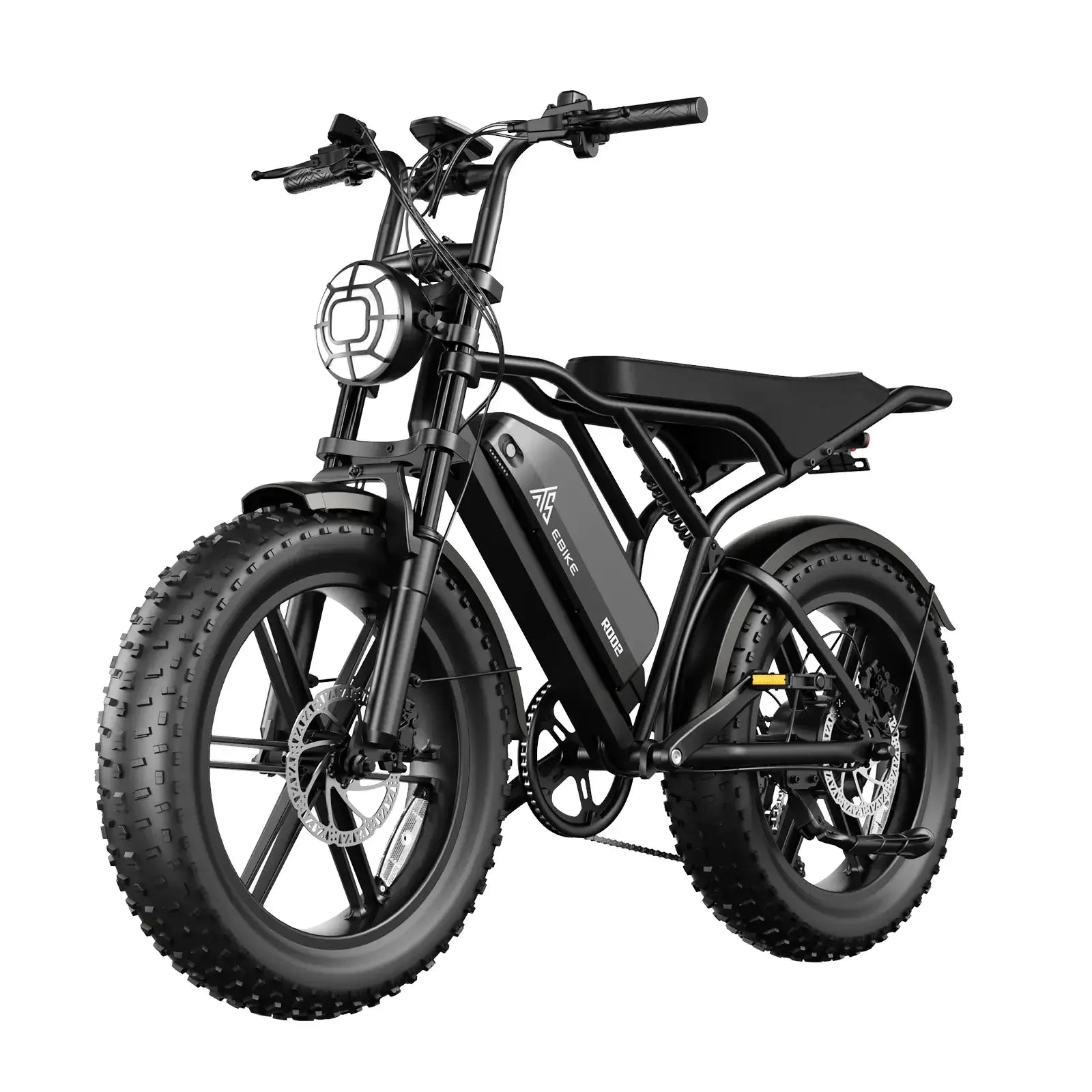
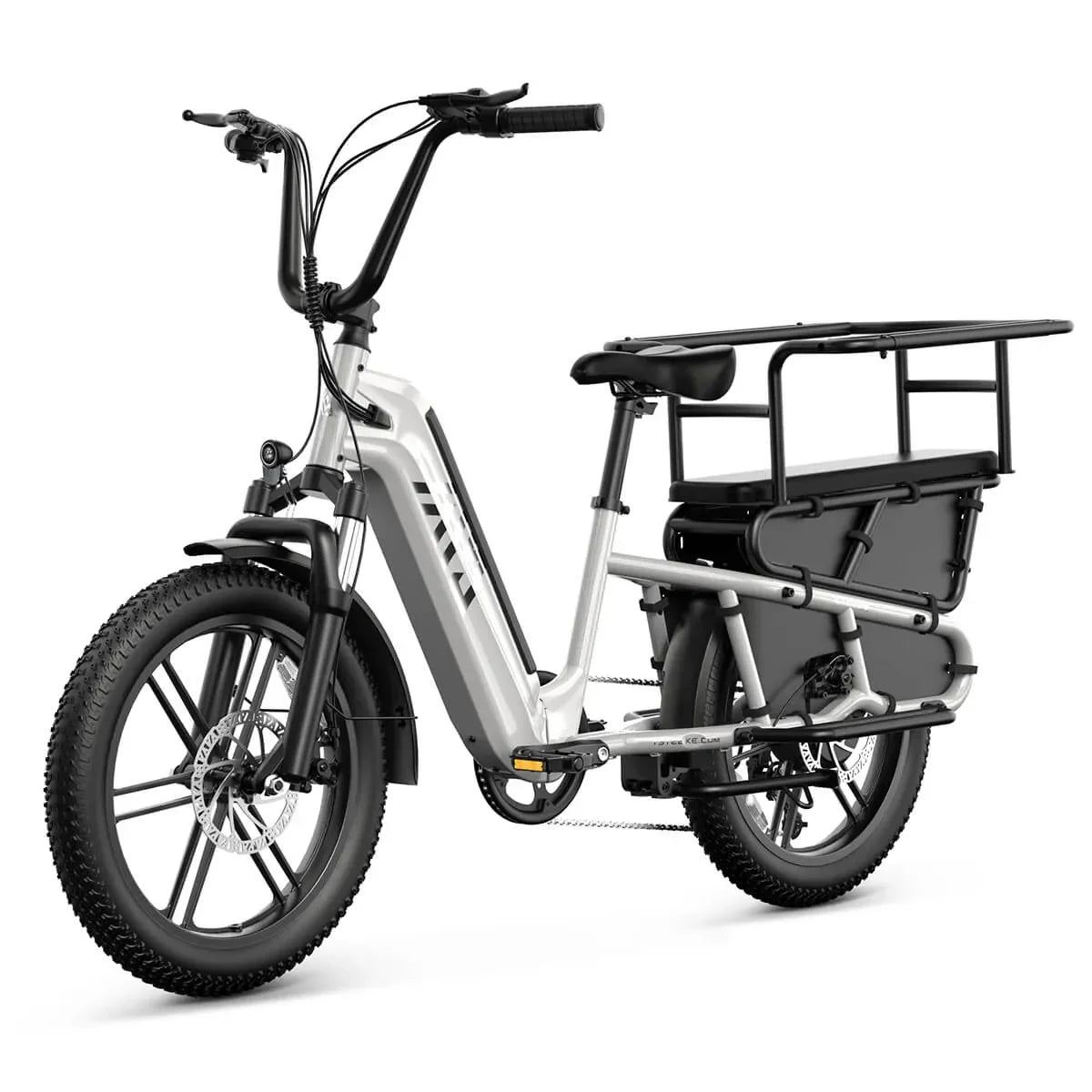
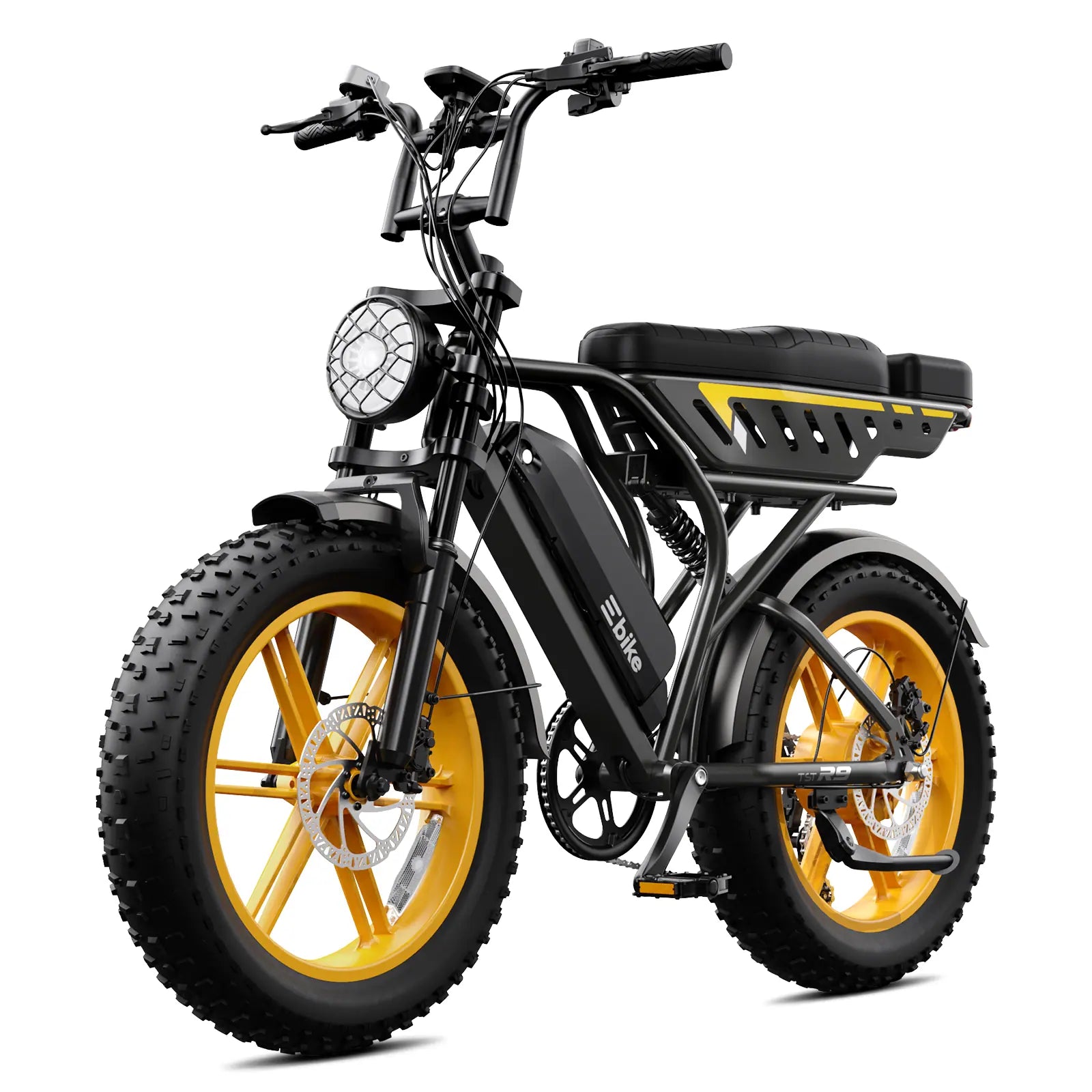
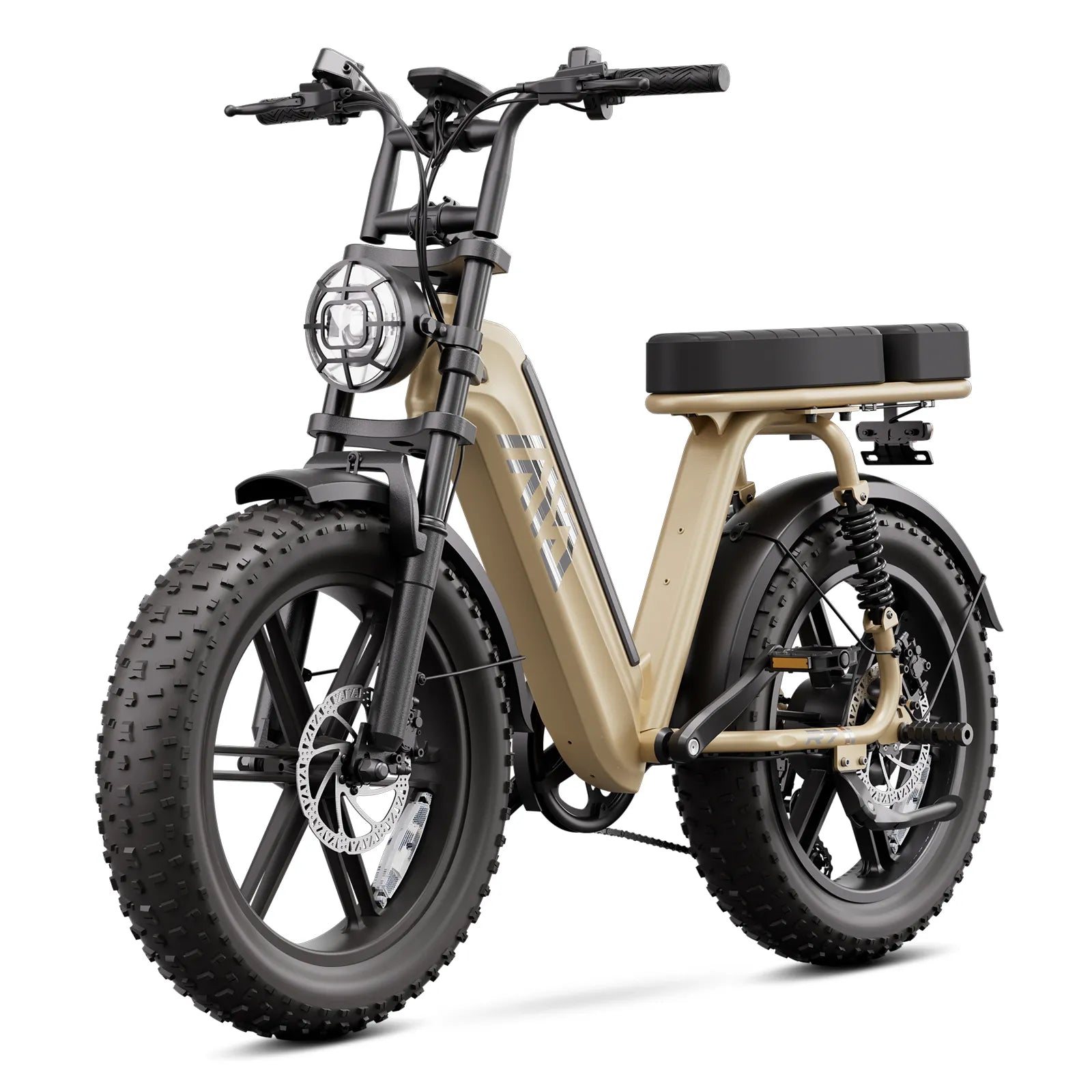
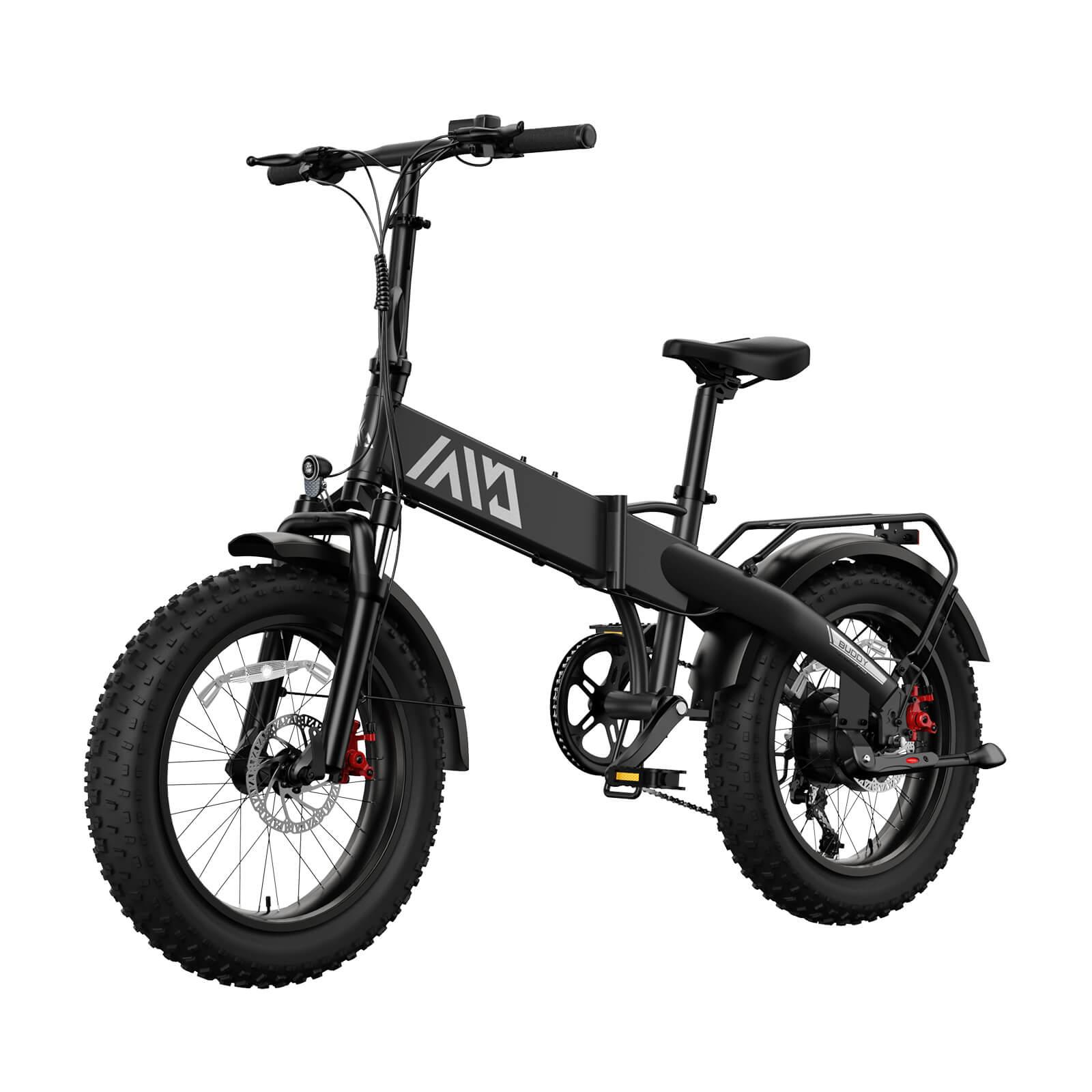

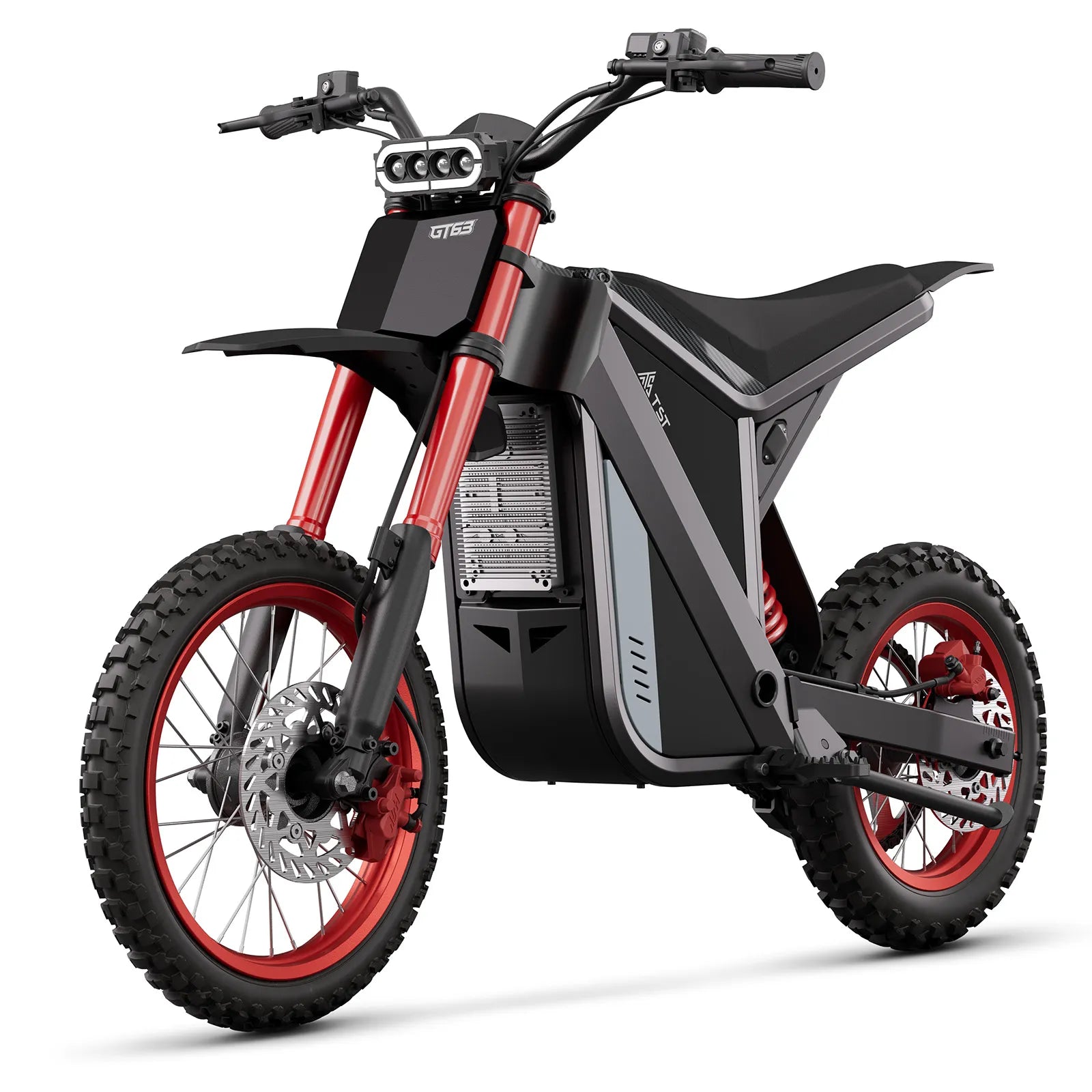
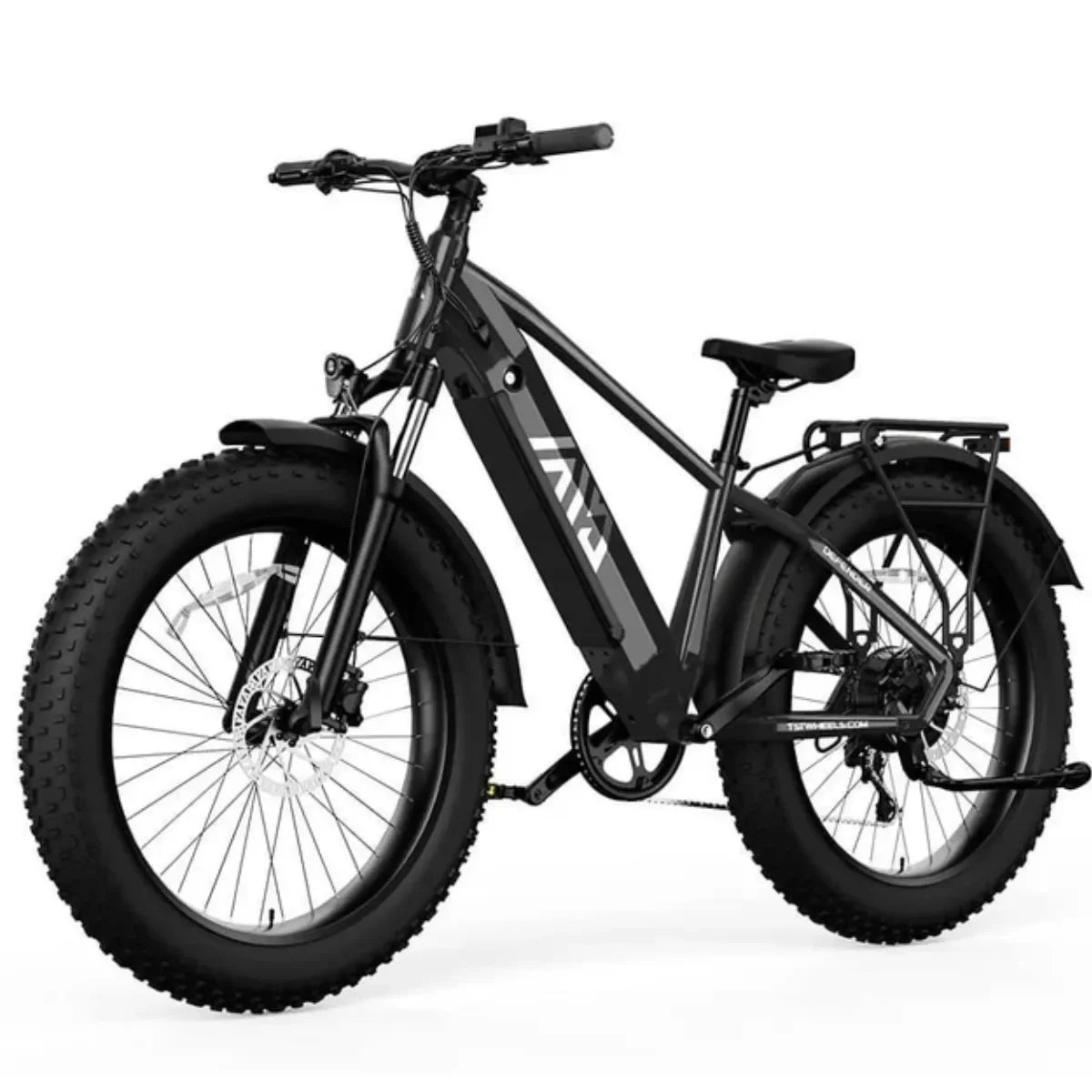
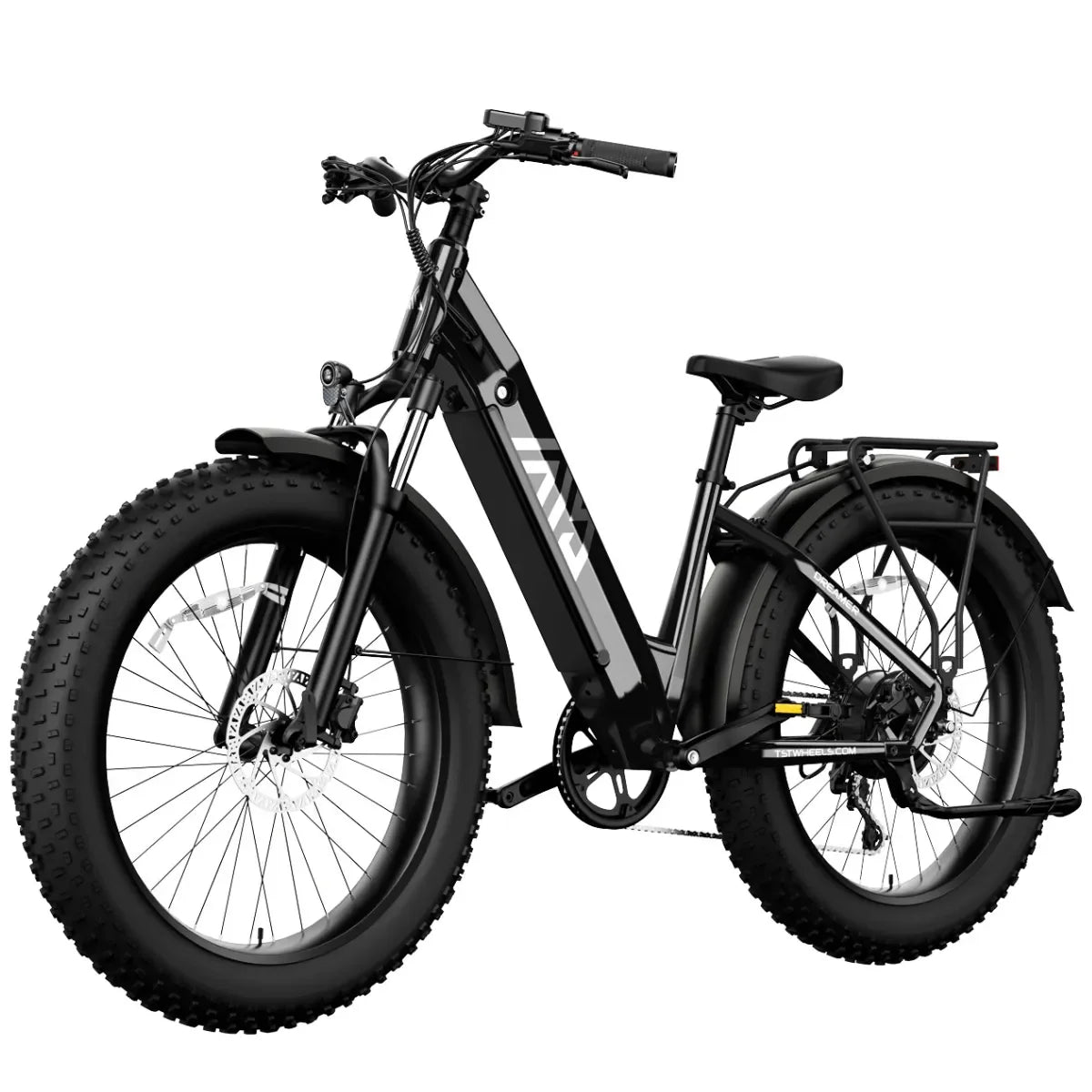
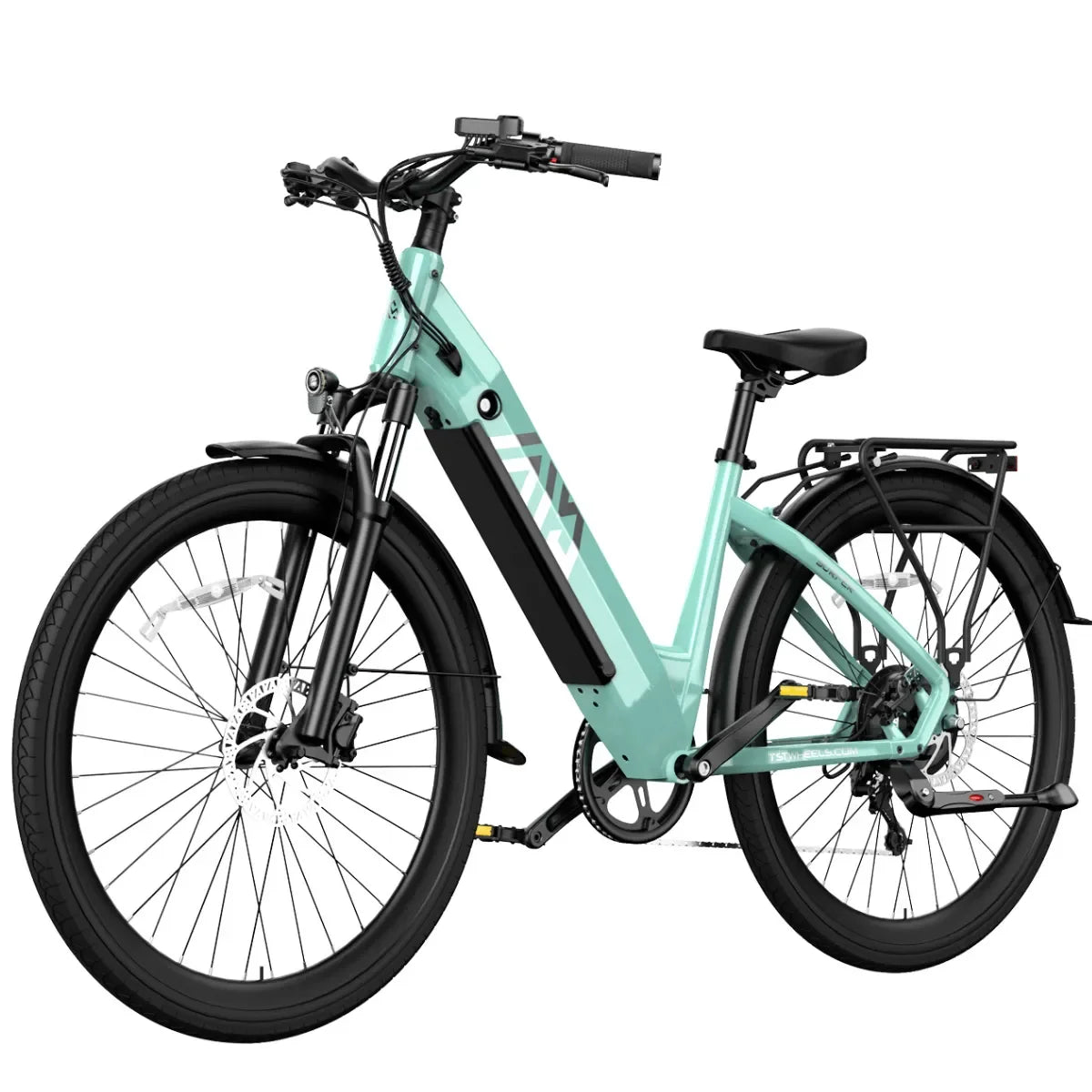
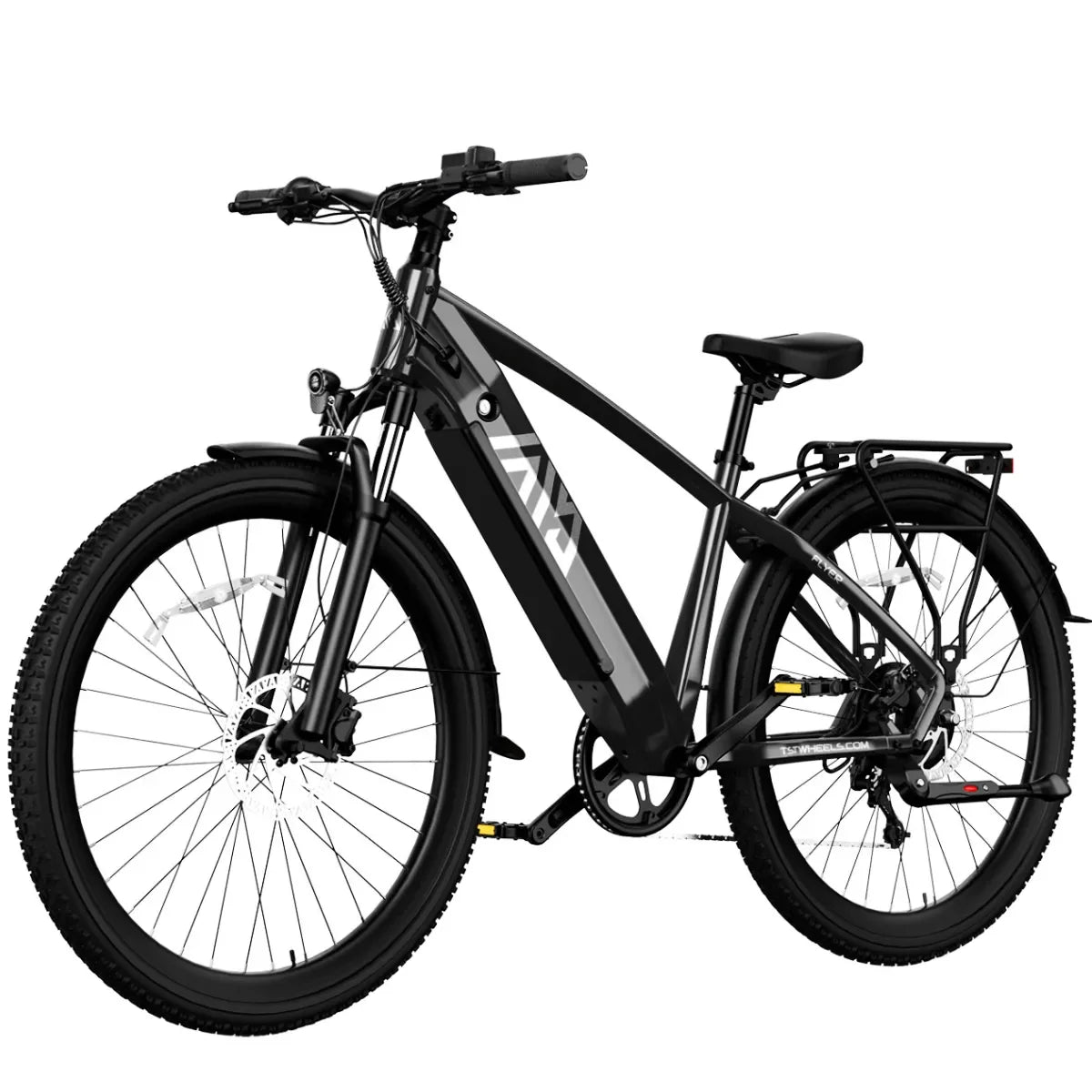
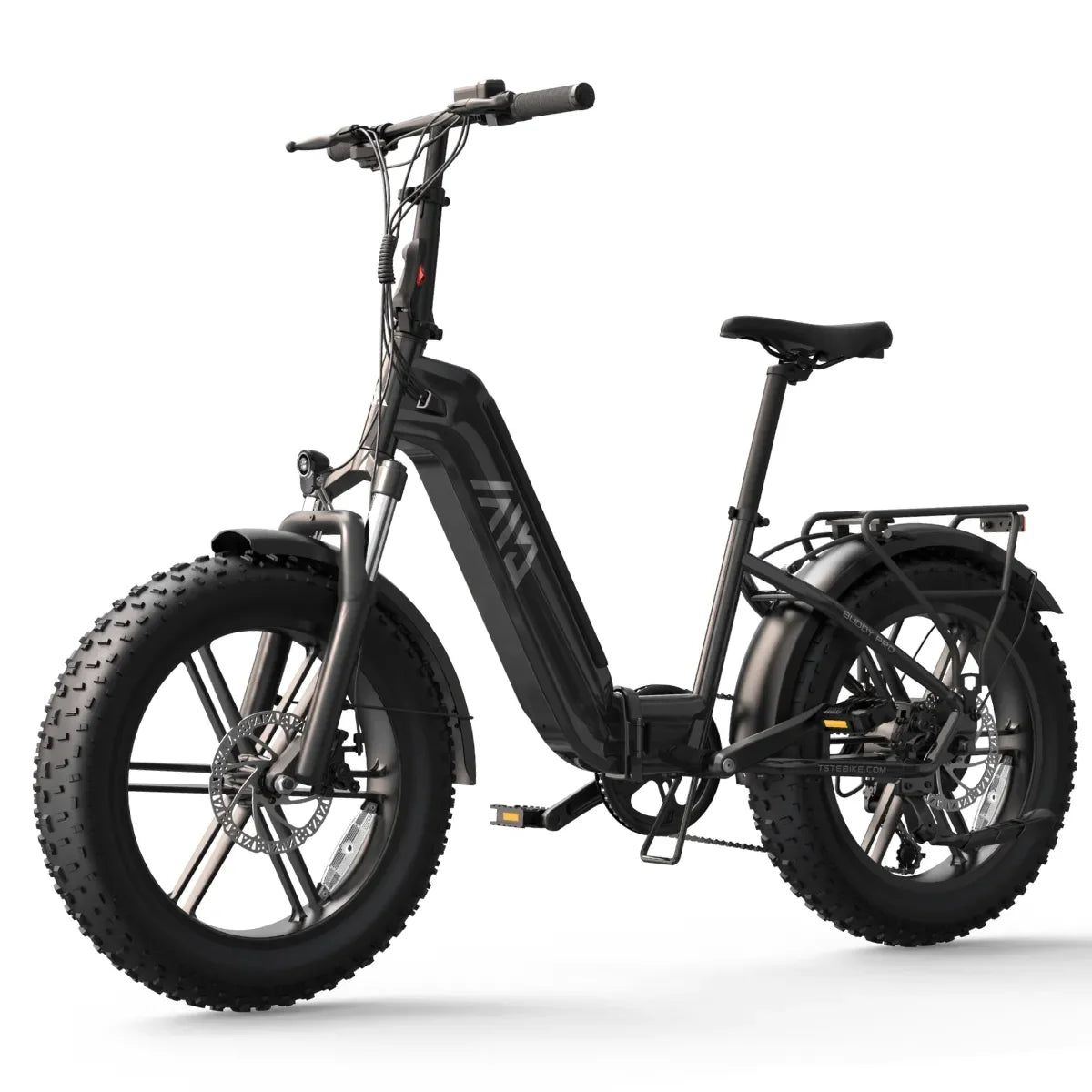
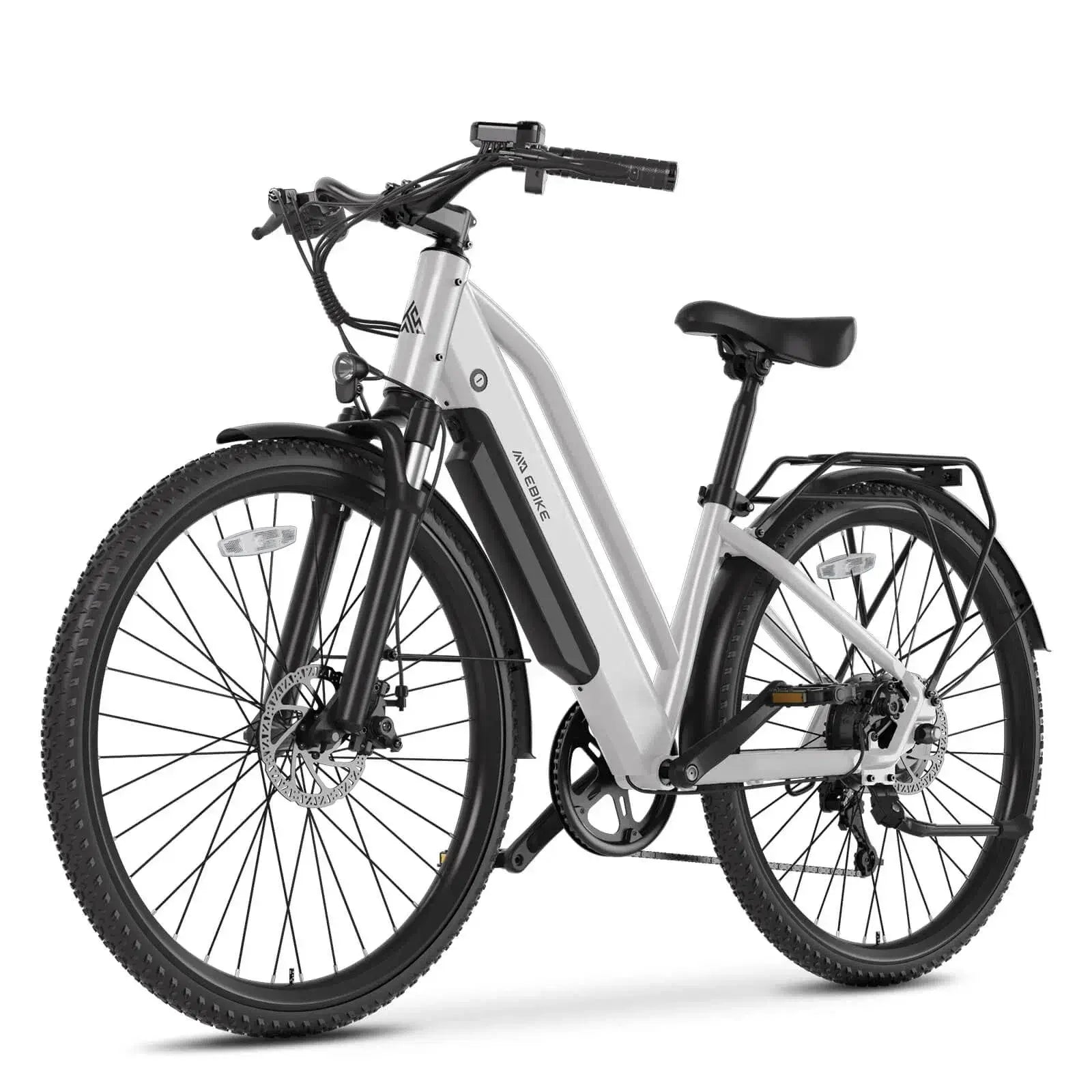
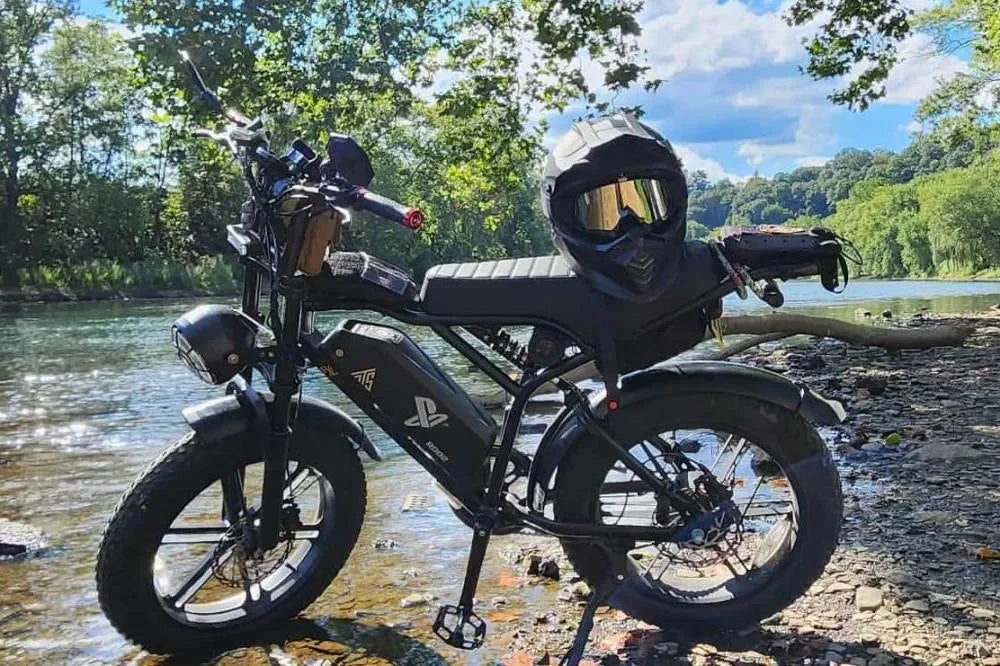
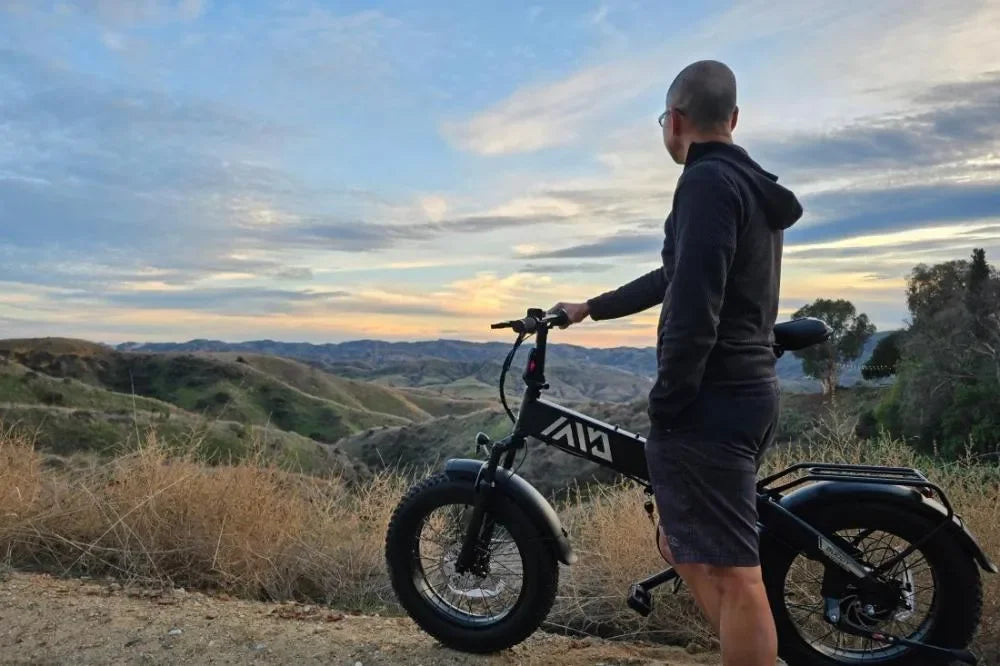
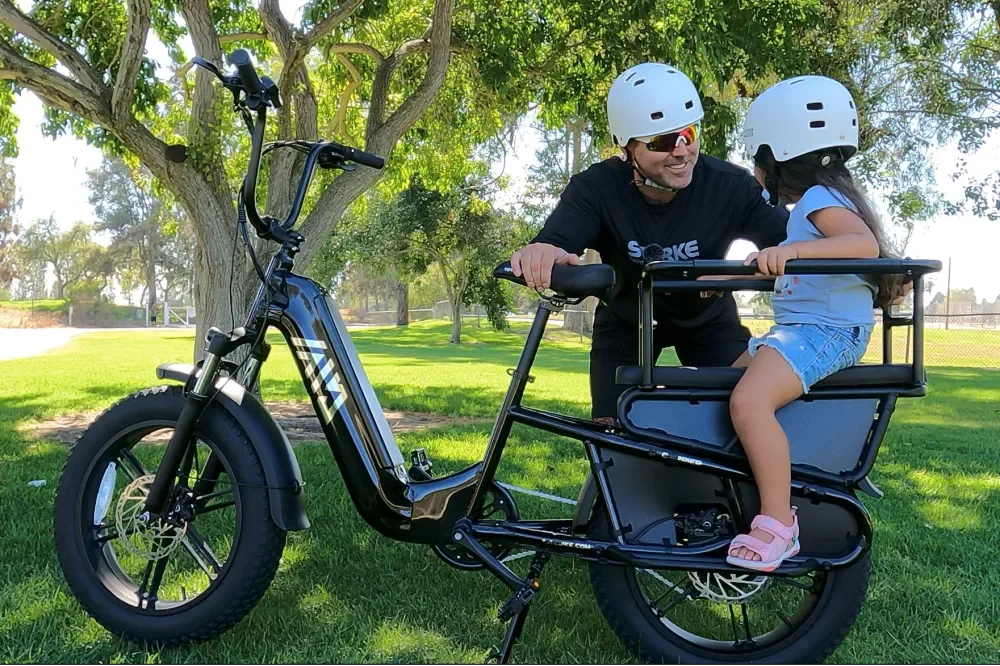
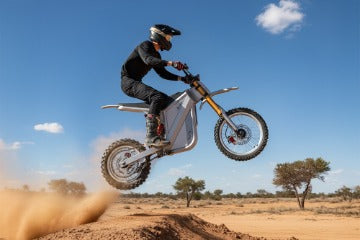
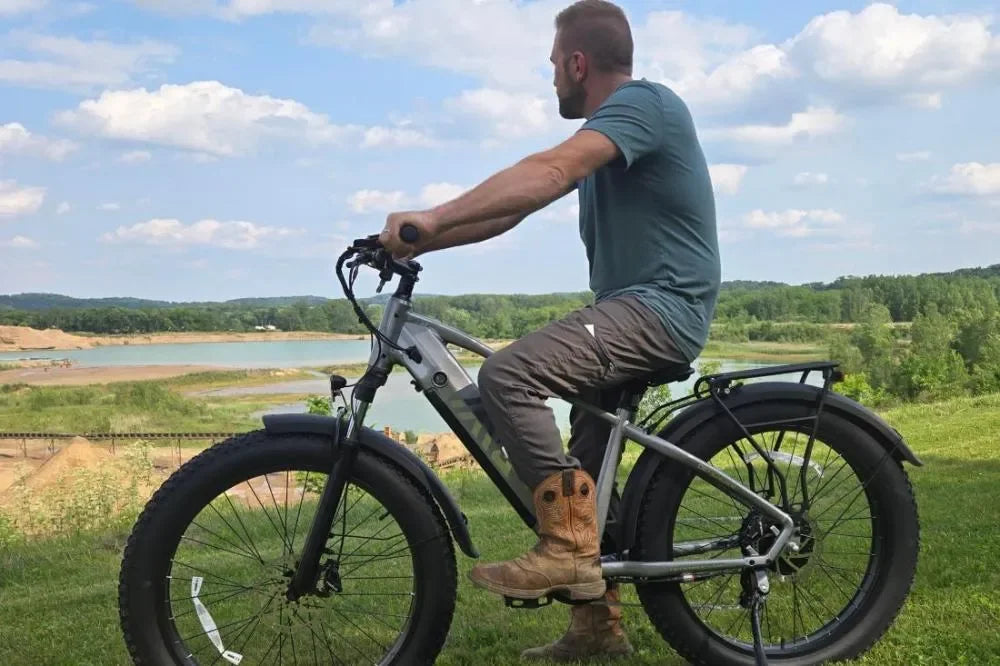
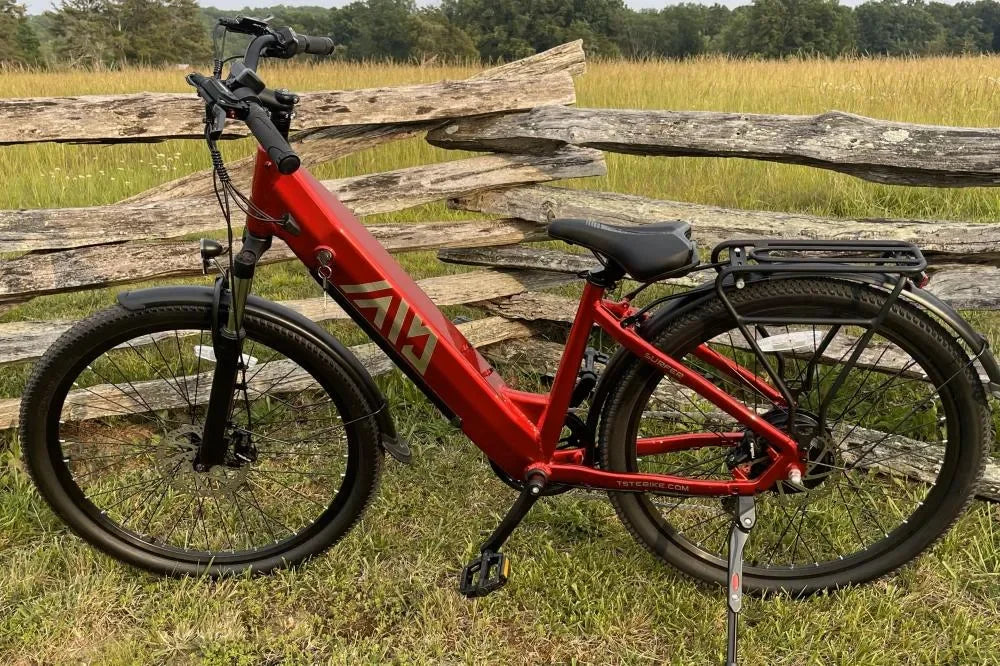
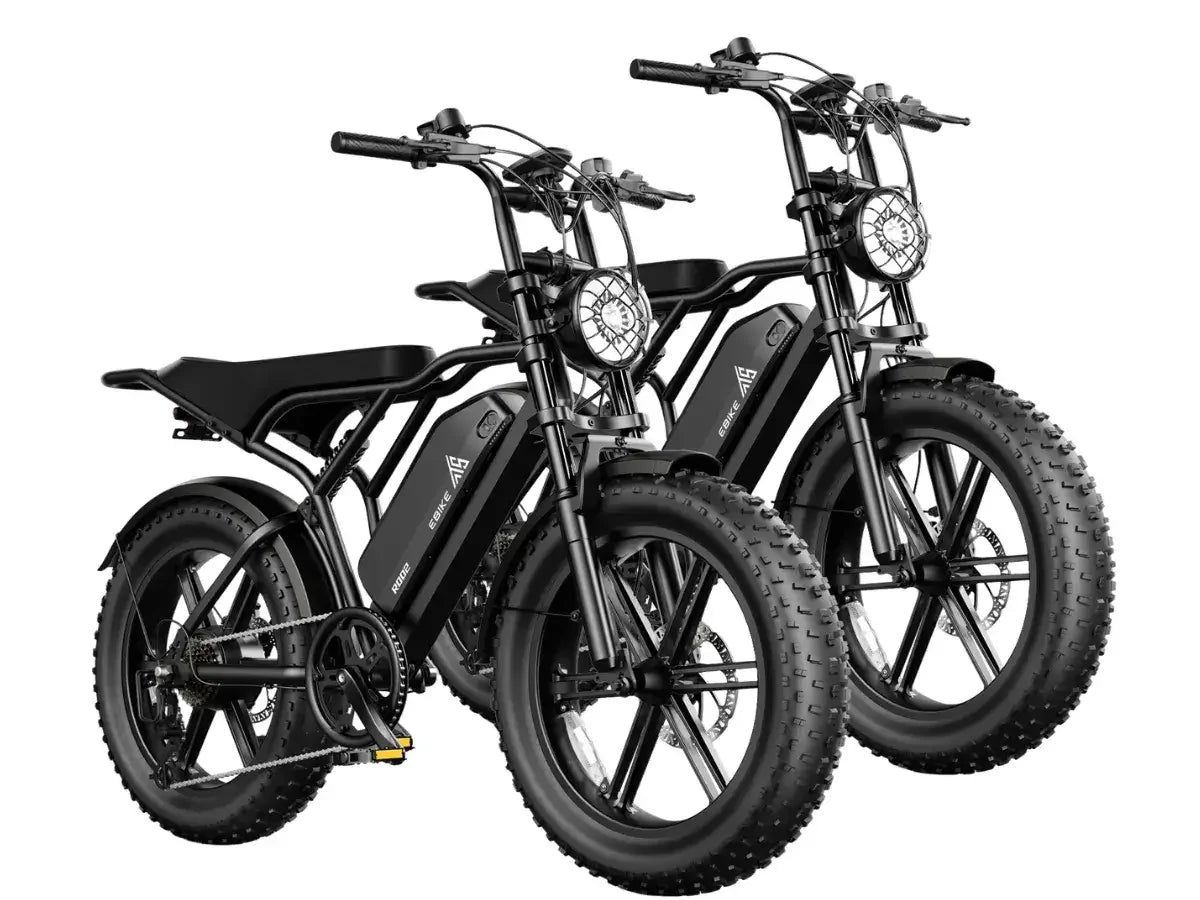
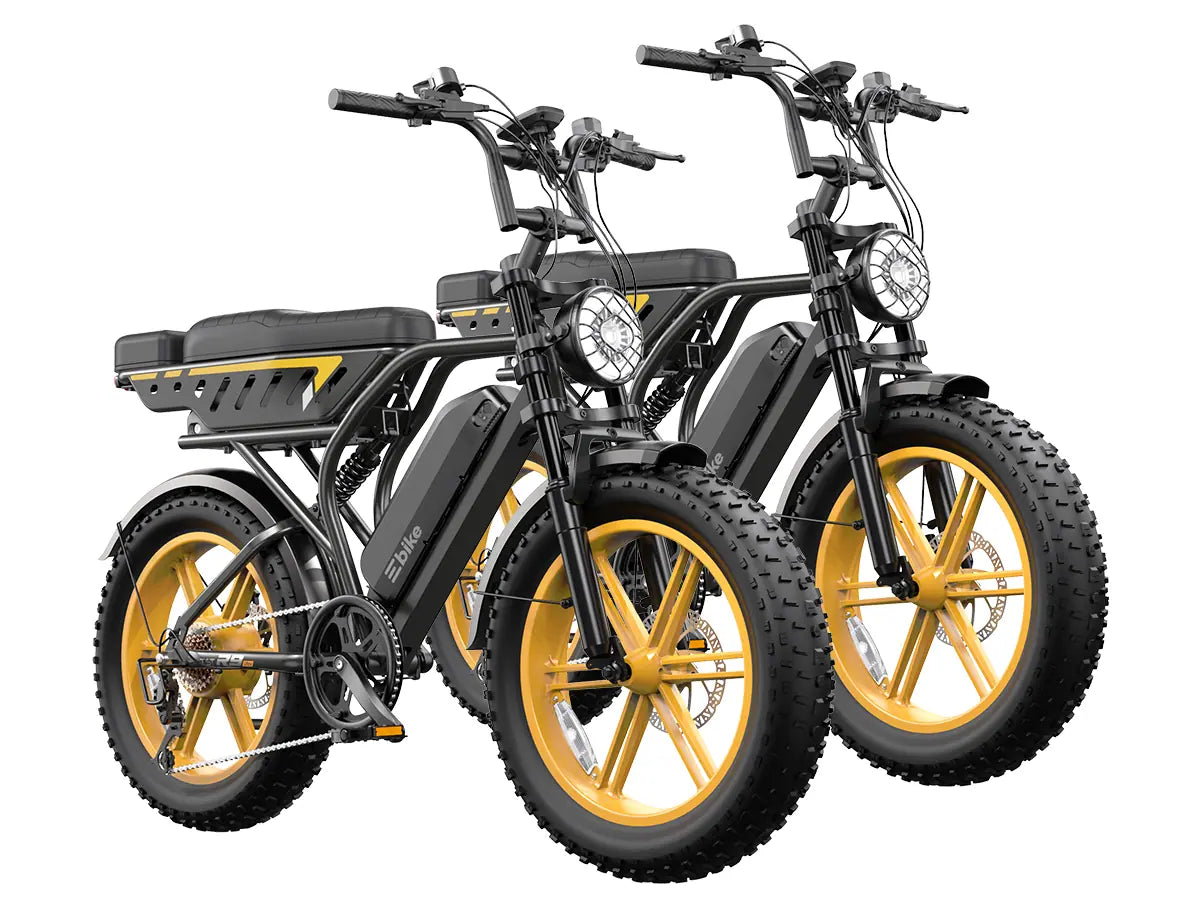
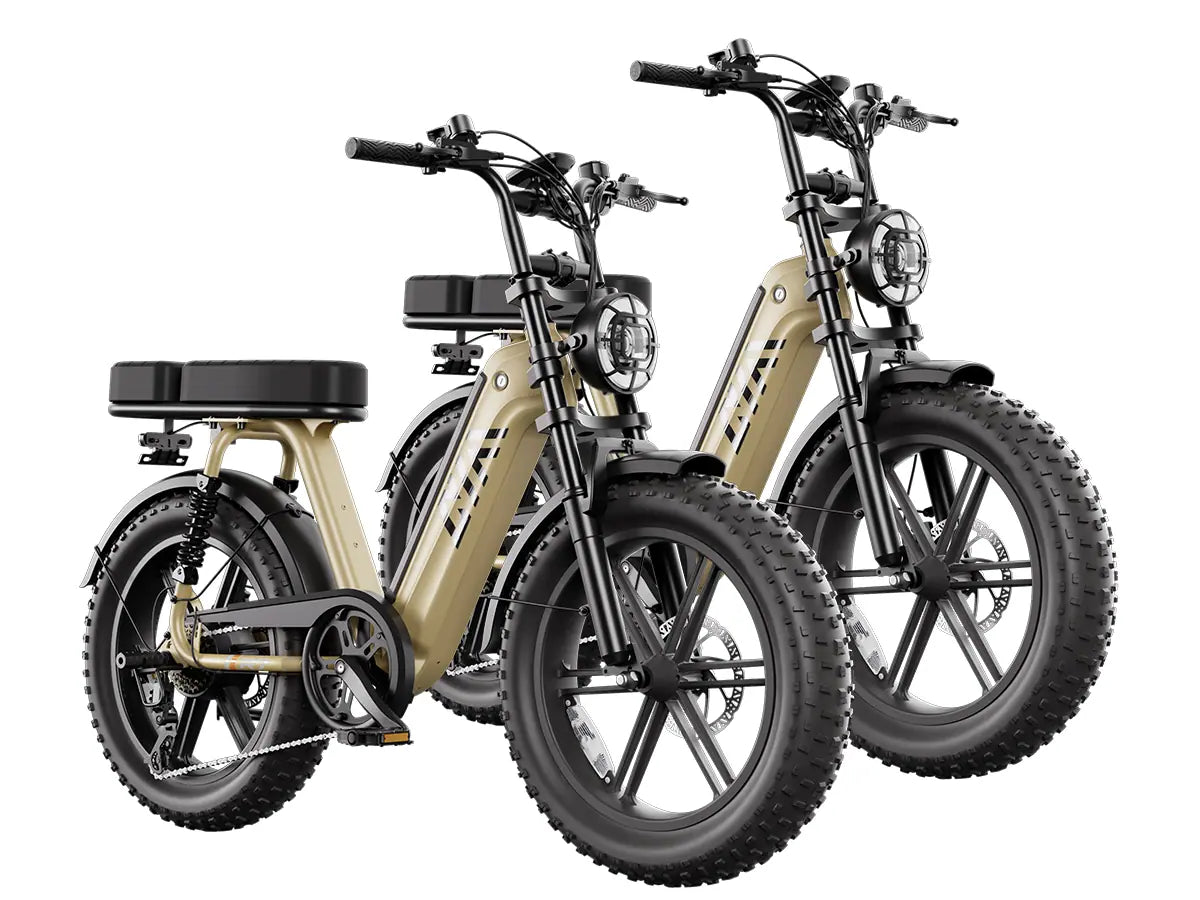
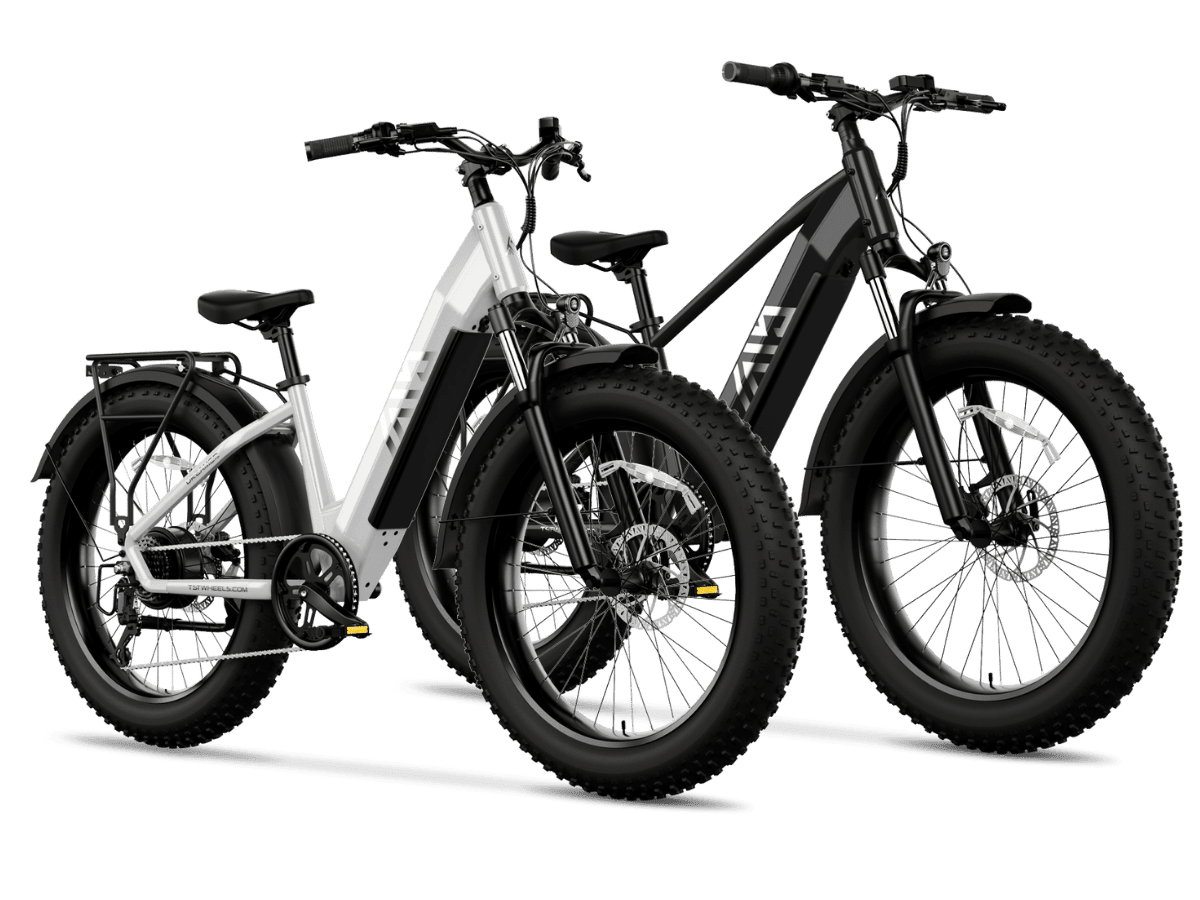
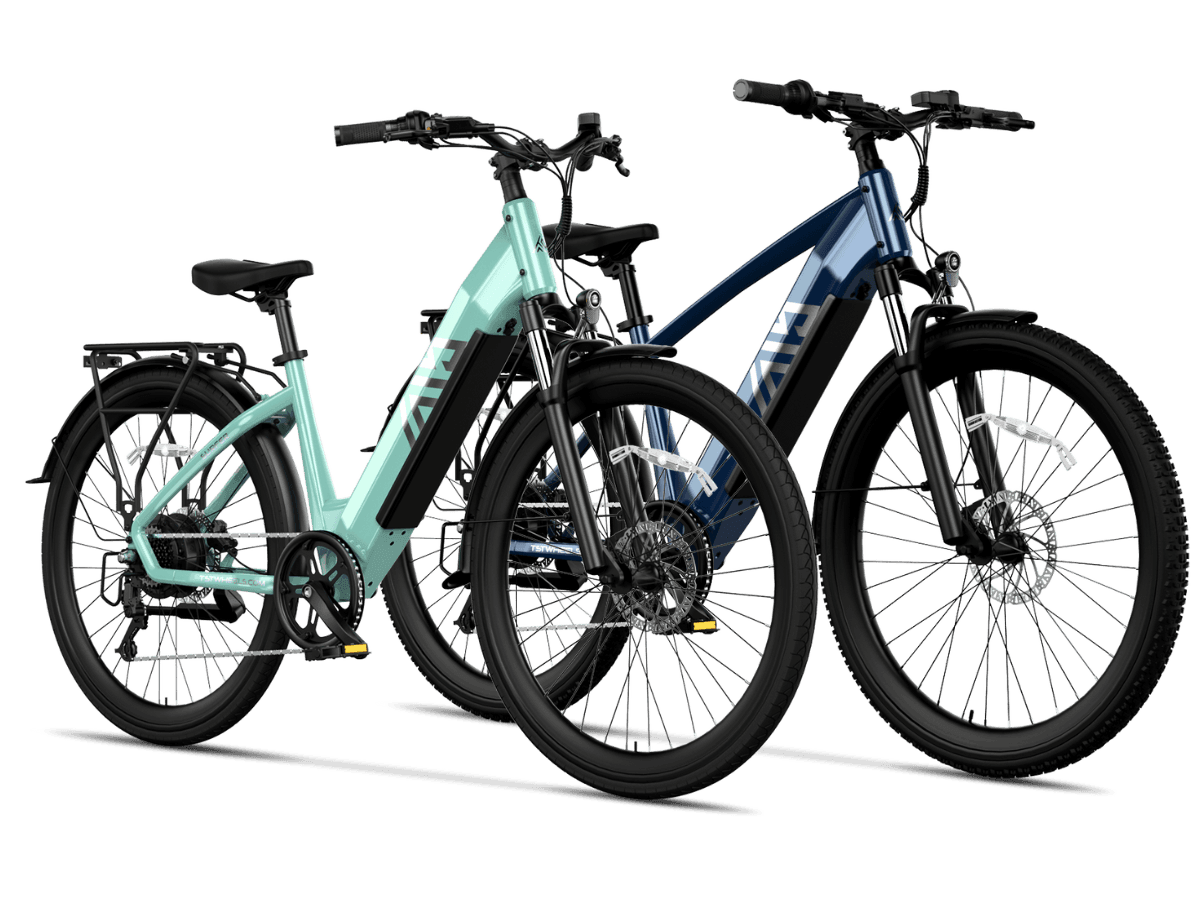
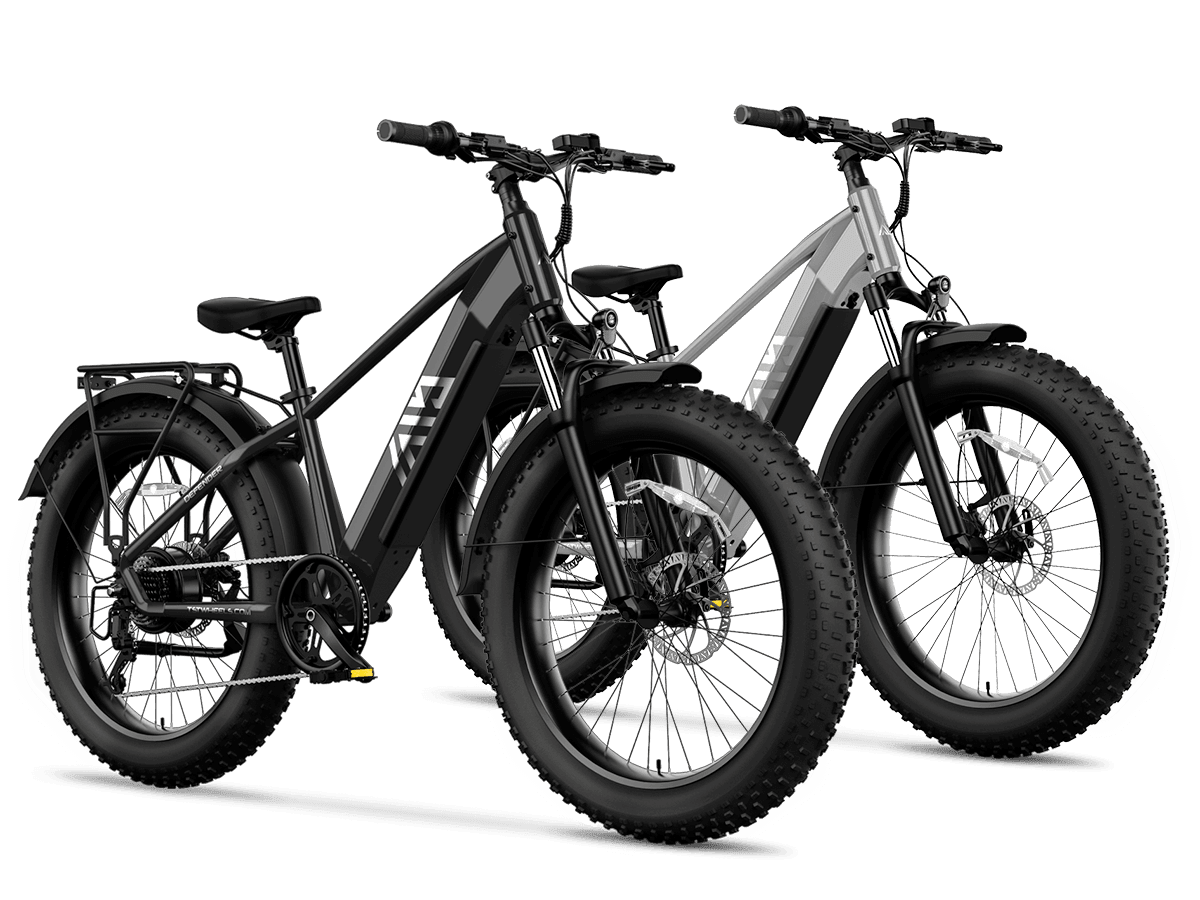
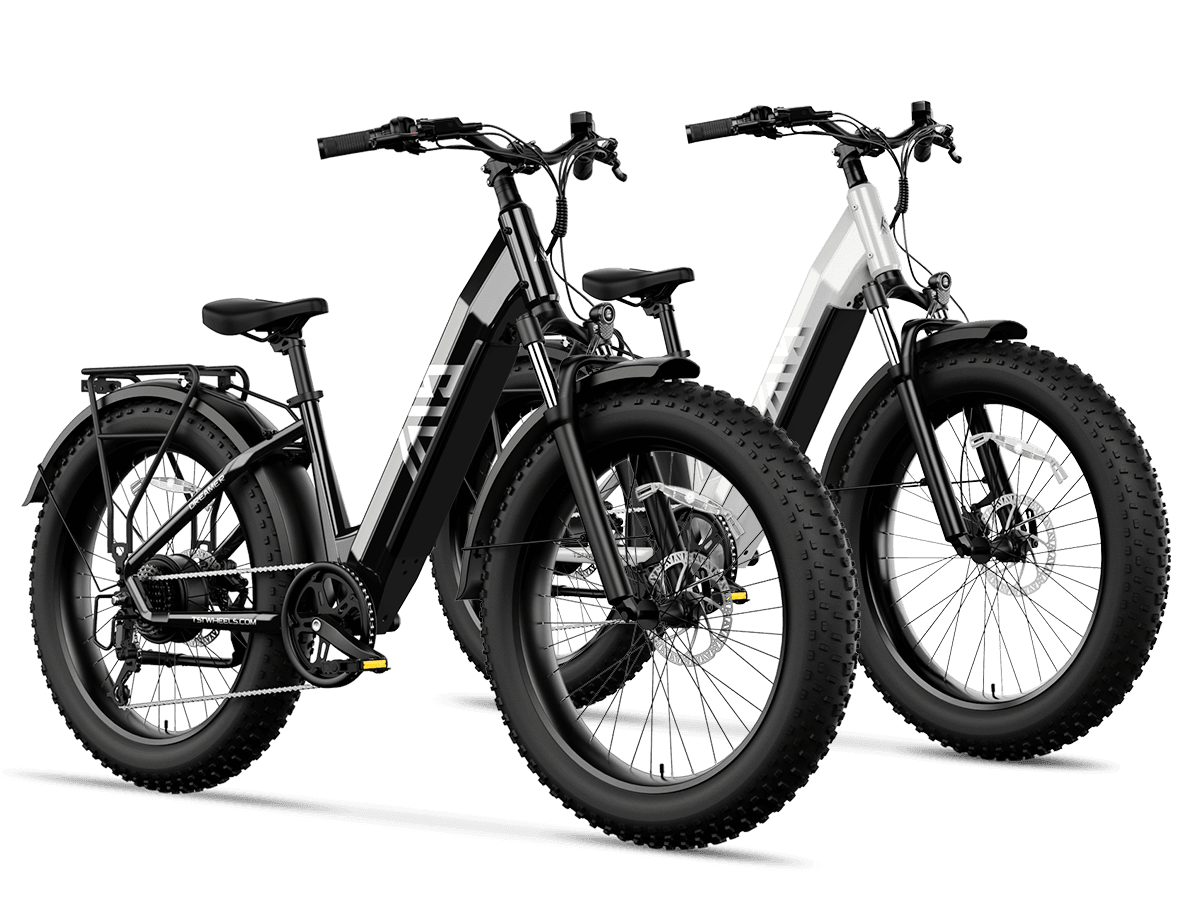
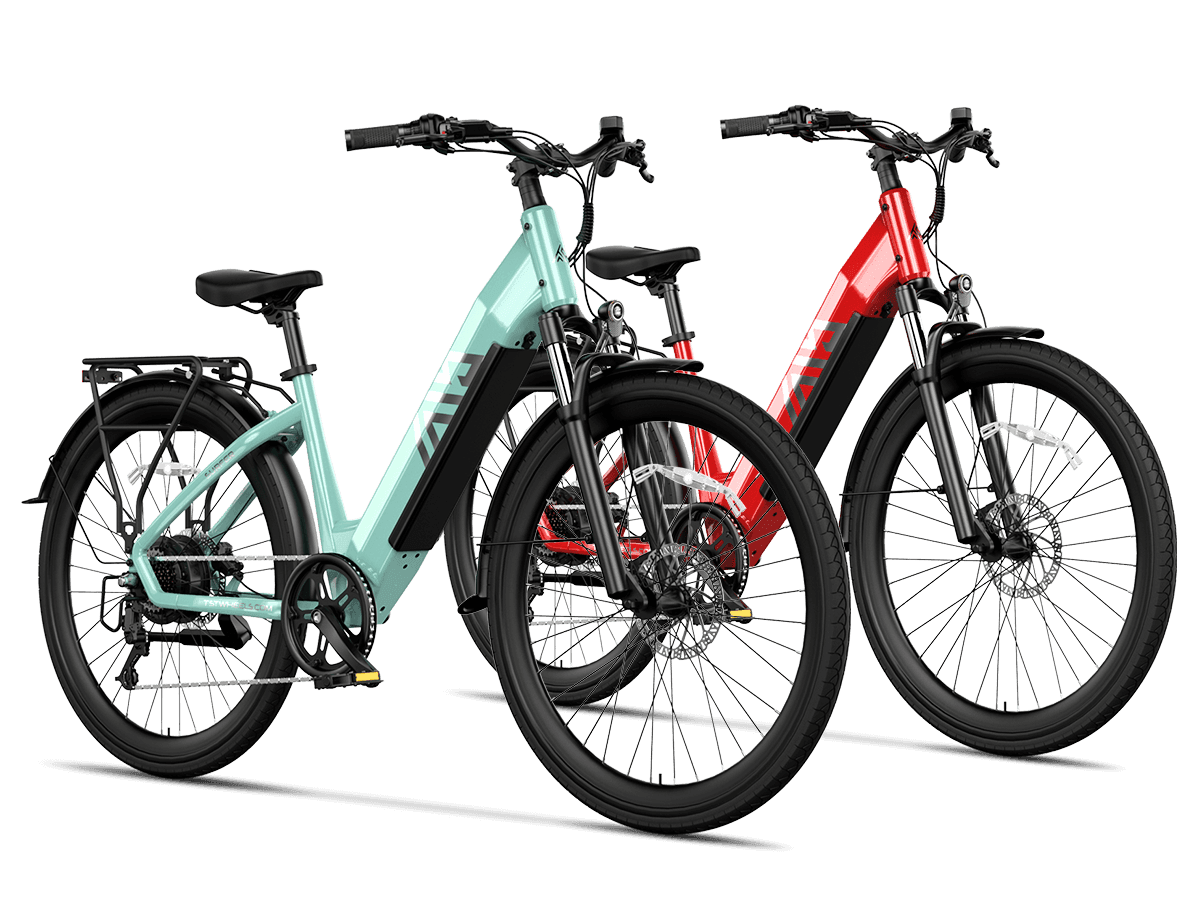
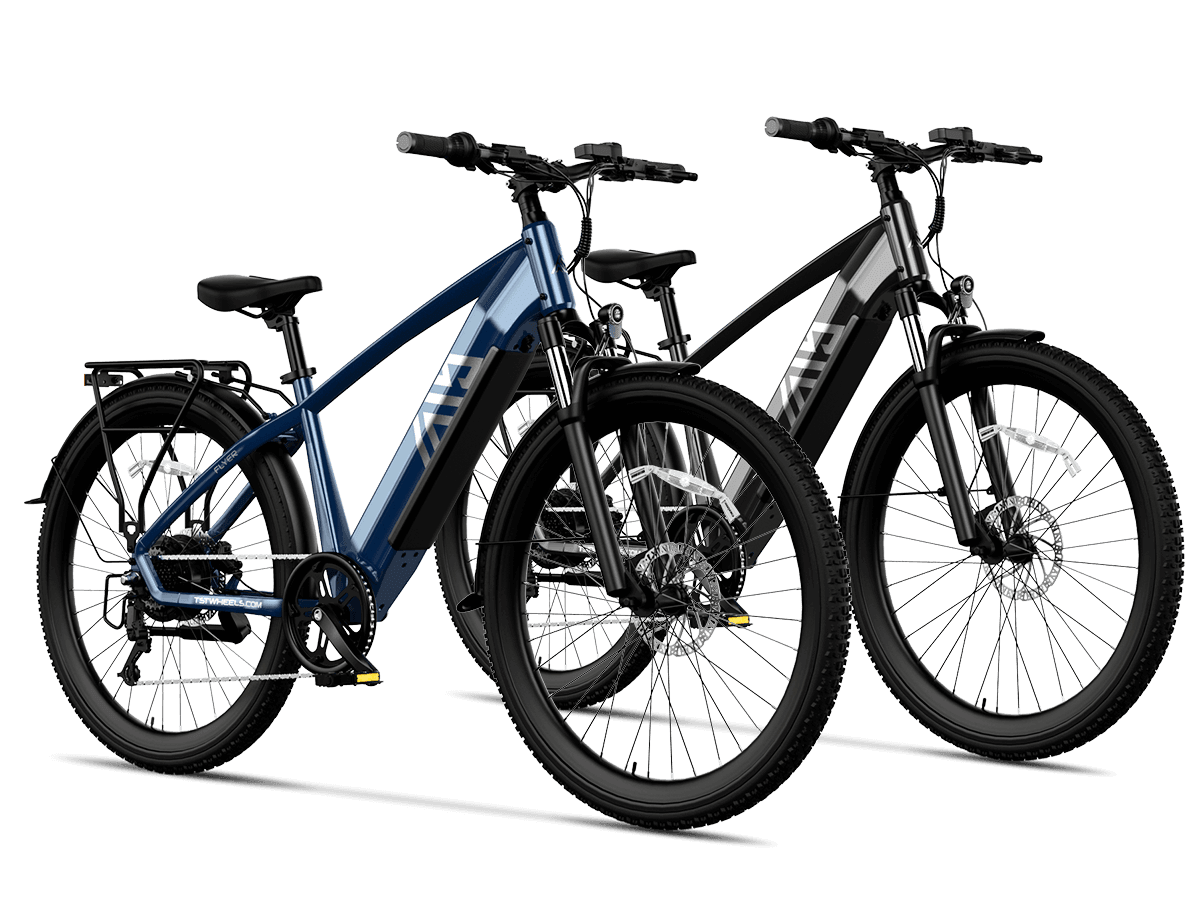
Leave a comment
This site is protected by hCaptcha and the hCaptcha Privacy Policy and Terms of Service apply.